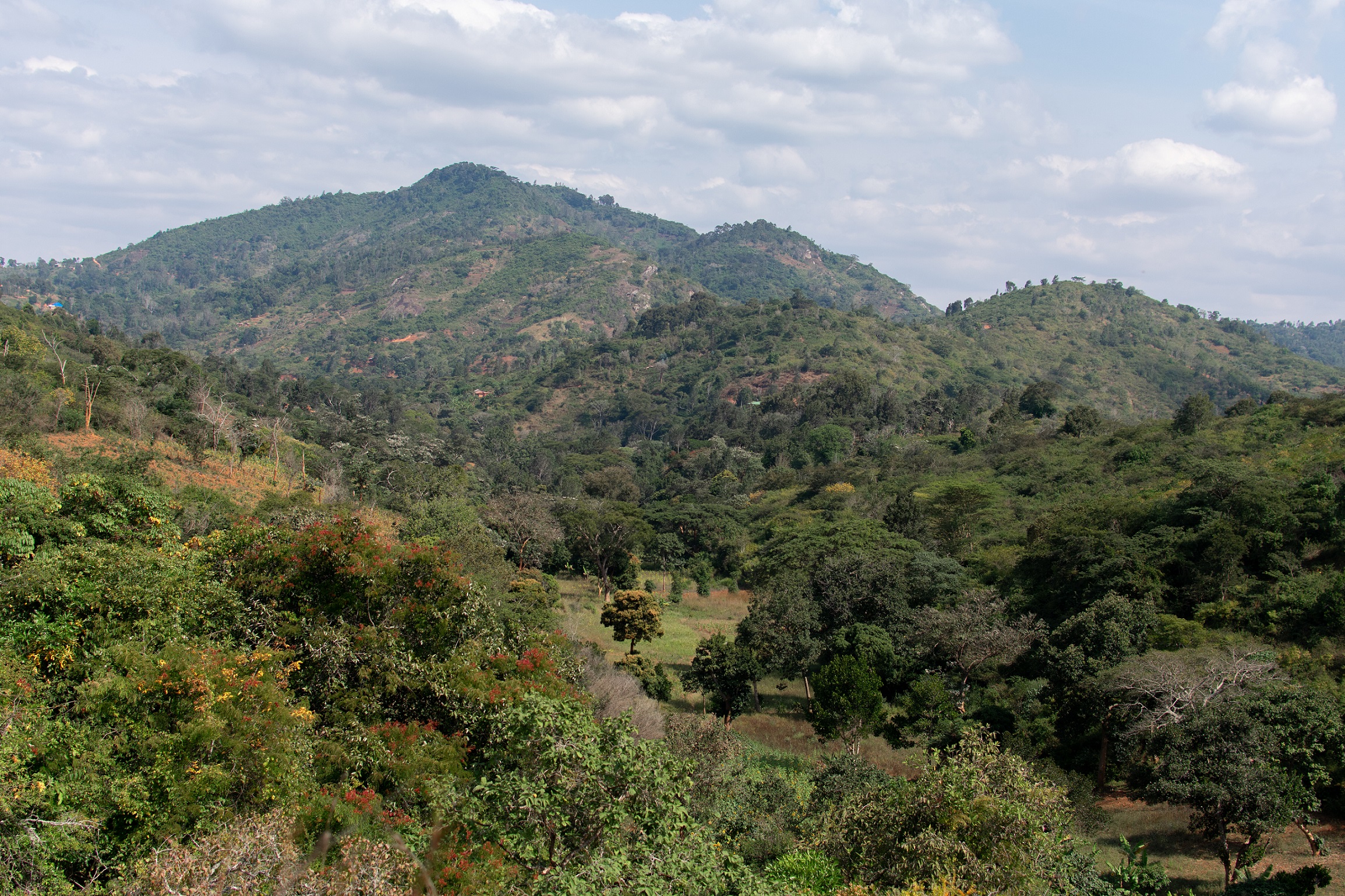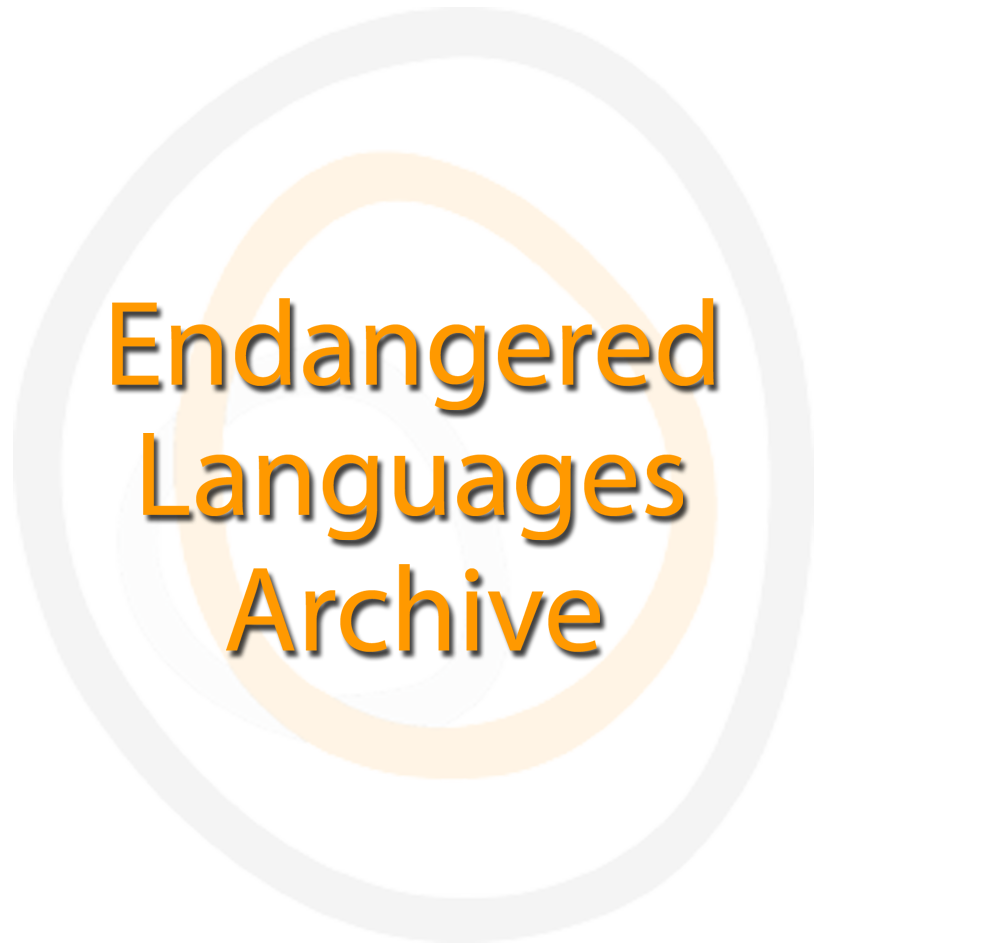A documentation of Gweno: subsistence and traditions among the hills of Kilimanjaro

The Ugweno landscape. Landing page image for the collection ‘ A Documentation of Gweno: subsistence and traditions among the hills of Kilimanjaro’. Click on image to access collection.
| Language | Gweno (ISO639-3:gwe) |
| Depositor | Alexandrine Dunlap |
| Affiliation | University of Rochester |
| Location | Tanzania |
| Collection ID | 0614 |
| Grant ID | SG0580 |
| Funding Body | ELDP |
| Collection Status | Collection online |
| Landing Page Handle | http://hdl.handle.net/2196/e169cd7b-e461-4008-a7e6-7e651b387e6d |
Summary of the collection
This corpus will contain 30 hours of video. These recordings will focus on documenting natural speech revolving around the topic of subsistence. The corpus will be comprised of communicative events, procedural texts, dialogue, narratives, and interviews of farming traditions, and practices used to care for cattle. These recordings will also be supplemented with audio recordings of grammatical elicitation and wordlists.
Group represented
This collection is focused on the Gweno people. Historically Gweno was the primary language of the region, however modern-day, the primary language is considered to be Asu (also known as Pare). As an ethnic group, the Gweno people do not consider themselves distinct from the Pare group, they have much of their history and traditions in common. There are no longer any monolingual speakers of Gweno, with most speakers being at minimum trilingual in Gweno, Asu, and Swahili.
Language information
Gweno, also known as Kighonu, is a Bantu language spoken in the Pare Hills of the Kilimanjaro region of Tanzania. Gweno is classified as part of the Chaga language group (E65). There are an estimated 2,500 speakers with virtually all speakers considered trilingual.
Acknowledgement and citation
Dunlap, Alexandrine. 2019. A Documentation of Gweno: subsistence and traditions among the hills of Kilimanjaro. Endangered Languages Archive. http://hdl.handle.net/2196/0b64411b-891e-4804-a01a-b88b870a53a0. Accessed on [insert date here].


